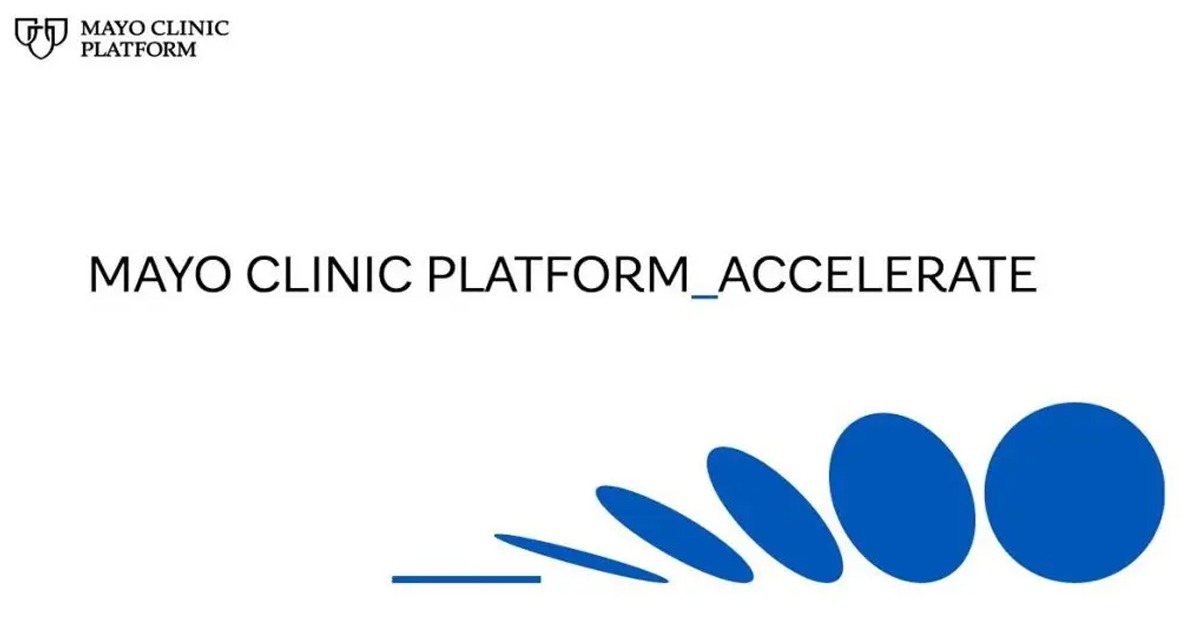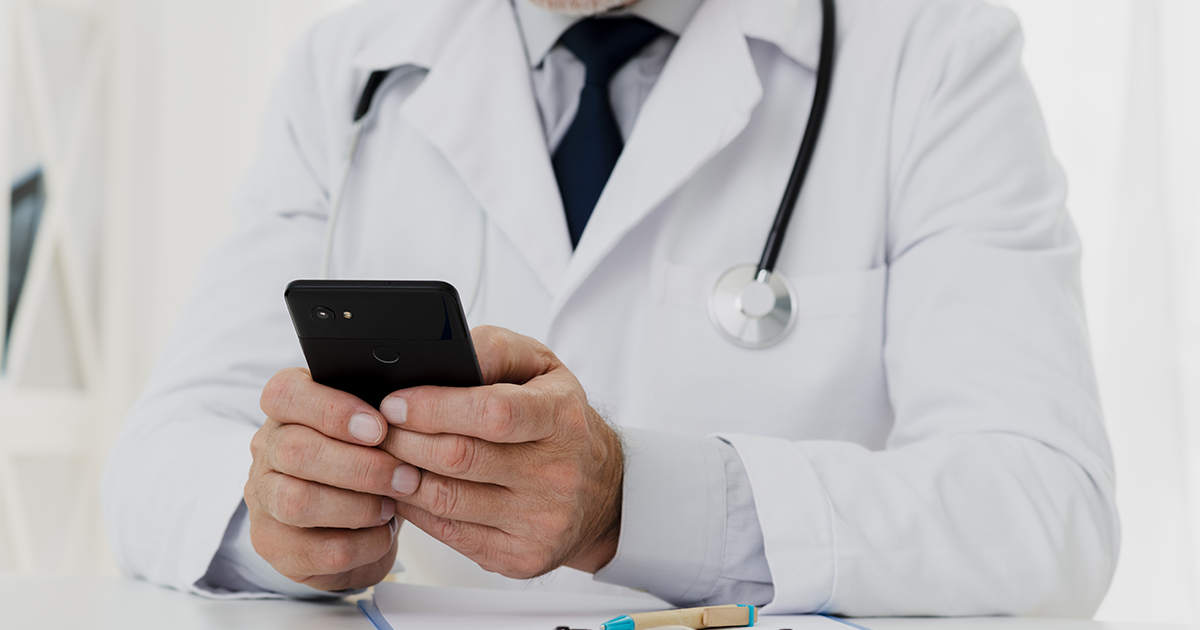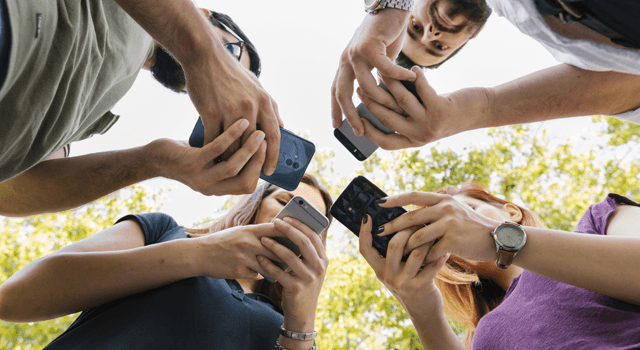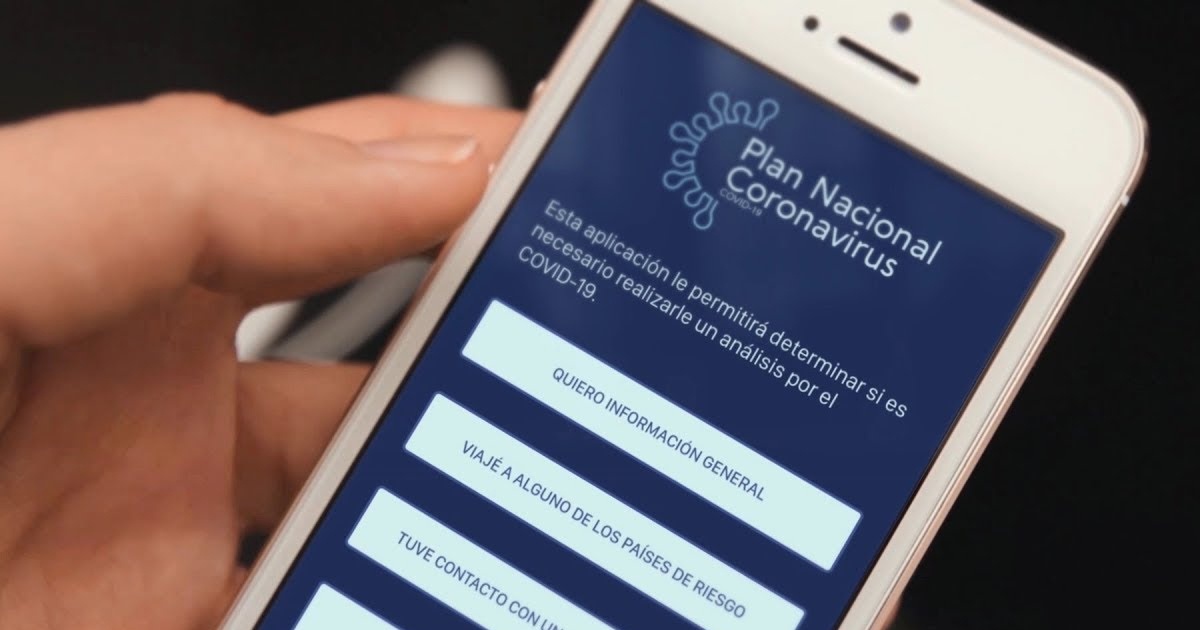Continuous glucose monitoring as well as the adoption of mobile devices has revolutionized the way people living with type 1 diabetes manage and monitor their condition.
Monitoring and self-control of blood glucose is one of the most important aspects for people living with type 1 diabetes mellitus (DM1), in this way adverse glycemic events and other short- and long-term complications can be avoided. . Thanks to technological advances, continuous glucose monitoring is a reality. There are sensors that measure the levels and that in turn can be scanned using a mobile device through an app. In addition, they have data visualization and download tools to make decisions about insulin doses.
The study titled "Improving self-management in type 1 diabetes with wearable devices and deep learning," published in npj Digital Medicine journal showed the monitoring of 12 adult patients with DM1 using continuous glucose monitoring and a clinically validated wearable sensor bracelet. The authors identified associations between physiological measurements, hypoglycemia, and hyperglycemia.
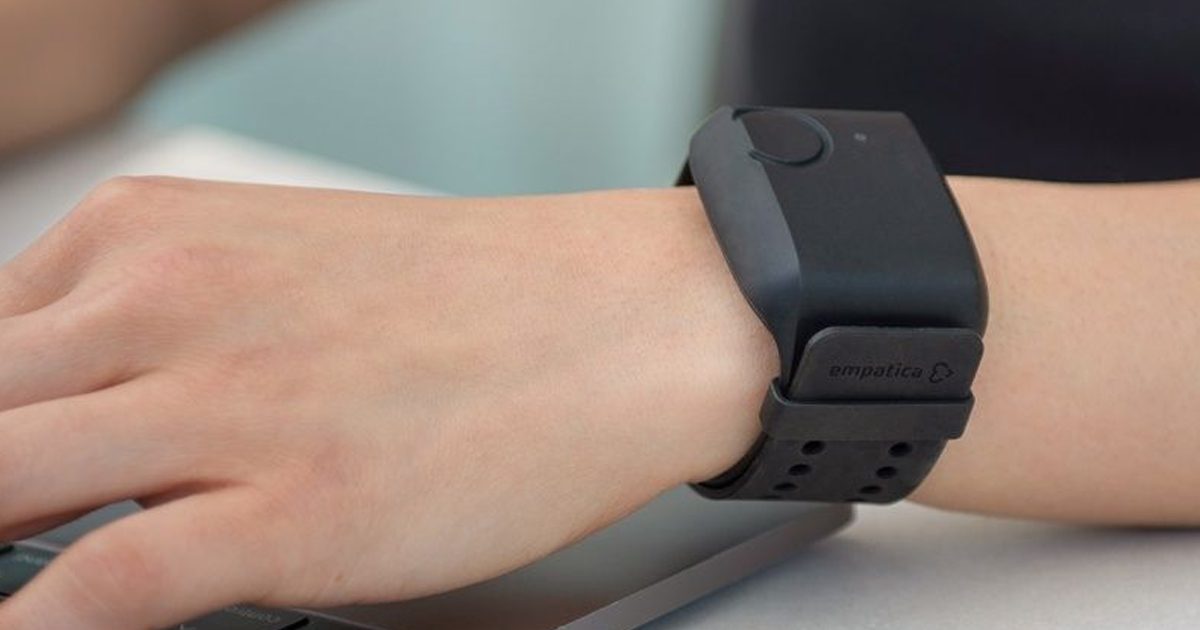
They later developed a smartphone-based platform called ARISES (Adaptive, Real-Time, Intelligent System for Improving Self-Care). In addition to this, they implemented a deep learning algorithm that uses monitoring data, meal times, insulin dose, for the prediction of glucose levels, hyper and hypoglycemia.
The mobile app is capable of interacting with mobile devices, in this case the bracelets, through a Bluetooth connection and is specially designed for DM1 users. As mentioned above, the app allows users to record various types of daily activities, exercise, health conditions, and also allows users to consult glucose measurements and their historical records.
The method used a prediction horizon of 60 minutes and reached the parameters for the detection of hyperglycemia and hypoglycemia and reduced the mean square error.
“The well-trained model is implemented in the ARISES application to provide real-time decision support. These results indicate that ARISES has great potential to mitigate the risk of serious complications and improve self-management in people with DM1”, concludes the study.
You can consult the complete results of this study by entering the following link: https://www.nature.com/articles/s41746-022-00626-5

